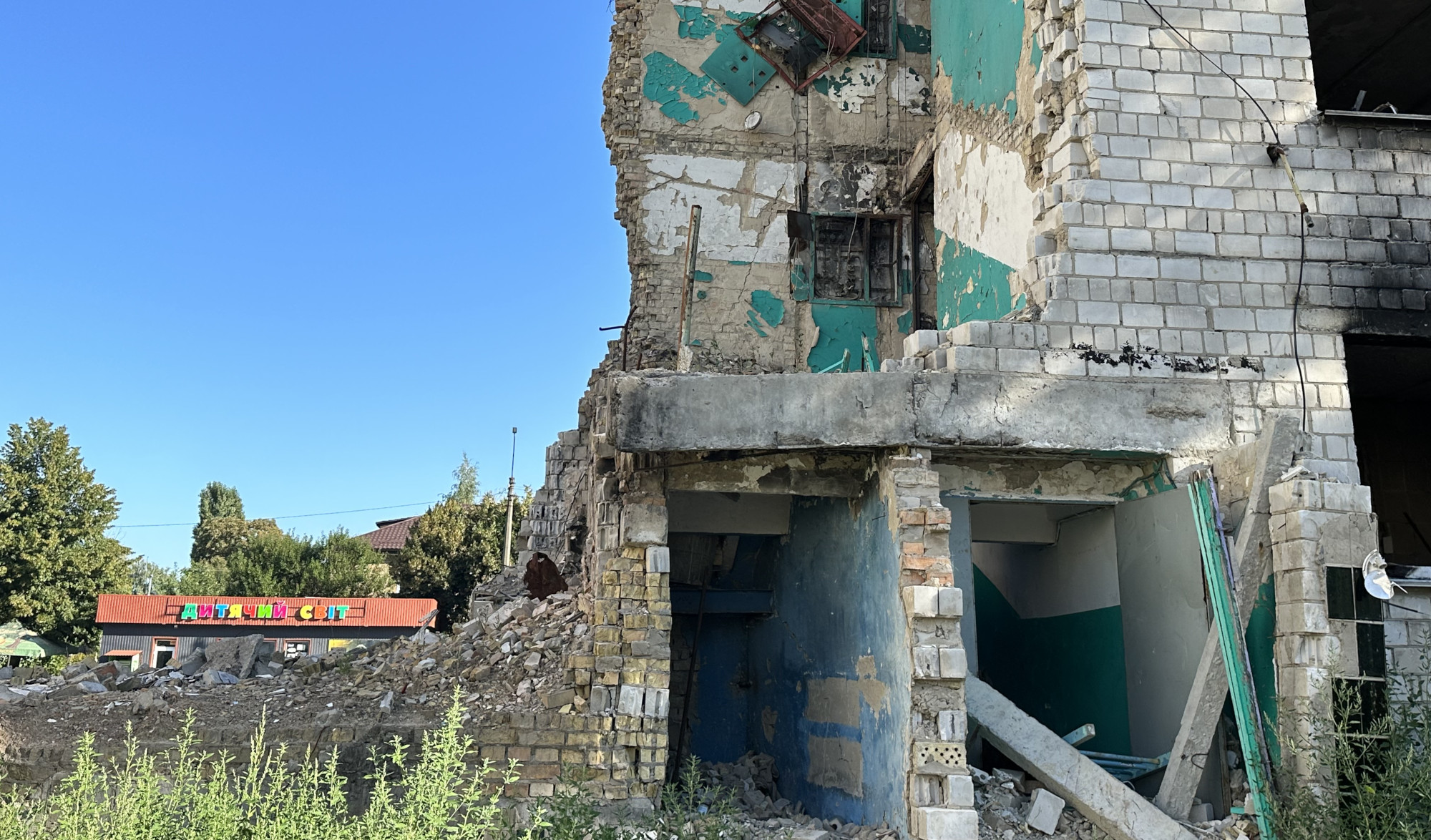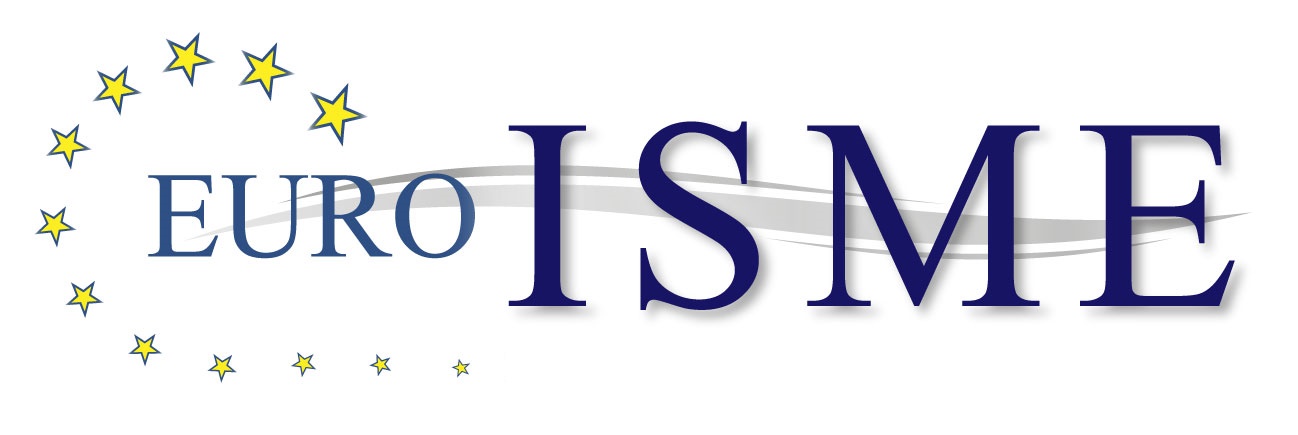Webinar: Justice, Genocide, and Society: Human Costs of Russia's War in Ukraine
The webinar explores wider human consequences of the war in Ukraine which do not necessarily receive the attention they deserve in both mainstream scholarly discourses and media coverage. They deserve more in-depth discussion for at least three reasons. Firstly, each problem complex on its own has the distinct potential to decisively influence the course of the war through its effects on civilian society and its support of the war effort. Secondly, we know from other wars that each casts a long shadow on post-war society, the trials facing people and polity of overcoming the multiple traumas which for many will linger when they hope to create a state and society that can live and flourish in peace. Thirdly, how the problem complexes are addressed, for example whether there is any chance or perception of justice for the victims of war crimes, will play a major role in society and the state’s approach to the aggressor, Russia, post-war.
Date: POSTPONED, new date will be communicated soon. June 13, 2024, 18h00 CEST
Chair: Dr Andrea Ellner, King’s College London and EuroISME Board of Directors
Zoom meeting link: https://us06web.zoom.us/j/88219721264?pwd=gBcBk0jYerz4vcgIElsKQTjiTEjdGG.1
Speakers and presentation titles
Hanna Dosenko, PhD student, UC Irvine, CA - Visualising Death: Speaking with, alongside, and for the Missing Soldiers
Sophia Anastazievsky, PhD student, UC Irvine, CA - Imagining Justice for Ukrainian Victims of Genocidal War Rape
Francisco Lobo, PhD student, King’s College, London - The forcible transfer of Ukrainian children as cultural genocide: Challenges and alternatives for prosecution and punishment

More Details
Hanna Dosenko - Visualising Death: Speaking with, alongside, and for the Missing Soldiers
Abstract: Following soldiers' pathways post mortem, I focus on those bodies that could not be visually identified; from the moment when the military personnel retrieves their bodies from the frontlines, and the often year-long process of forensic identification of the unknown, I shadow the forensic experts in the morgue of Dnipro, the drivers from the Civil-Military Cooperation that transport he dead, and the police that works directly with the families of the missing. My main questions revolve around the topics of visualizing death amidst the ongoing war, the notion of care for the dead, different sites of expertise and experts that are both victims of this war and those who witness it.
Hanna Dosenko is a PhD student in the Anthropology department at UC Irvine, with an interest in the questions of forensic expertise amidst the ongoing war, burial practices, and networks of those who care for the dead.
Sophia Anastazievsky - Imagining Justice for Ukrainian Victims of Genocidal War Rape
Abstract: This presentation will examine which features make war rape genocidal and argue that Russia’s use of rape as a weapon of war in Ukraine meets this bar. Then, it will explore and problematize different possibilities for justice for Ukrainian victims of war rape, emphasizing the distinctive harms of rape and the ways in which the contexts of war and genocide exacerbate these harms. While perfect justice for rape may prove elusive, failing to pursue it fully would constitute an additional, compounding injustice.
Sophia Anastazievsky will, from September 2024, be a doctoral student in the Department of Government at Harvard University. Sophia specializes in moral, political, and legal philosophy, and works primarily on topics in the ethics of war. She has secondary research interests in the moral and legal dimensions of Russia's ongoing war in Ukraine. Sophia also holds a B.A. in Philosophy from the University of Chicago, and an M.A. in Bioethics from New York University.
Francisco Lobo - The forcible transfer of Ukrainian children as cultural genocide: Challenges and alternatives for prosecution and punishment.
Abstract: Several sources confirm that the forcible transfer of Ukrainian children by Russian forces has been taking place for years in the context of the war in Ukraine. So far, prosecutorial efforts at the international level have attempted to prosecute this as a specific war crime, even though it also technically qualifies as a particular form of genocide, known as 'cultural genocide' whereby children are transferred from one ethnic, racial, religious or national group to another. Yet, proving genocidal intent is so difficult that prosecutors tend to choose the easier strategy of going after war crimes. In this presentation, a compromise is offered based on Ukrainian criminal law: genocide can be still prosecuted indirectly as a form of commission of a particular war crime codified in the domestic statute implementing the law of armed conflict in that country".
Francisco Lobo is a doctoral candidate at the Department of War Studies in King's College London. His research combines international law with military ethics. He holds an LLM in International Legal Studies from NYU, and a Masters of International Law and an LLB from the University of Chile.
